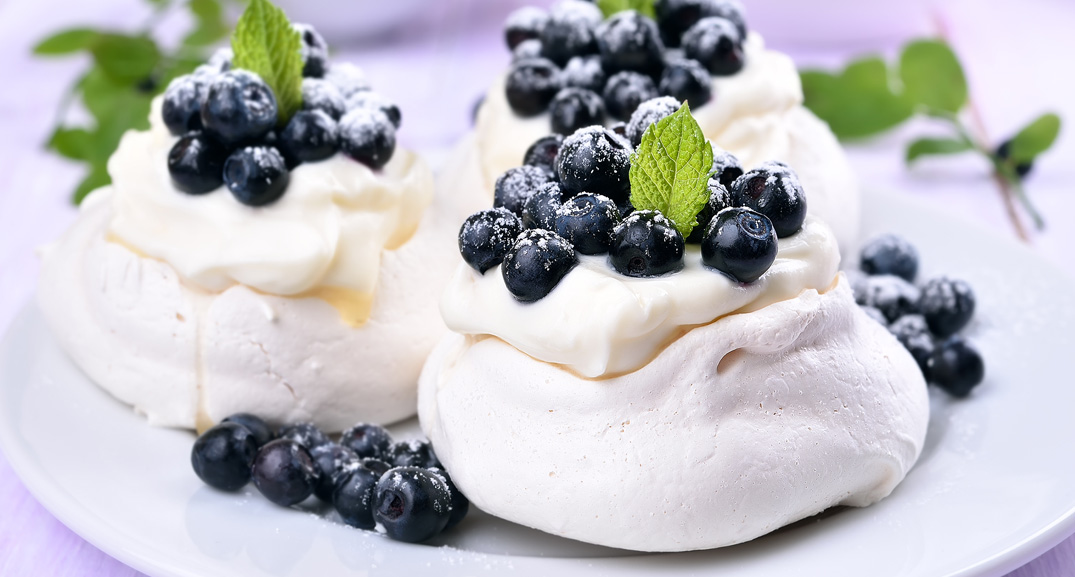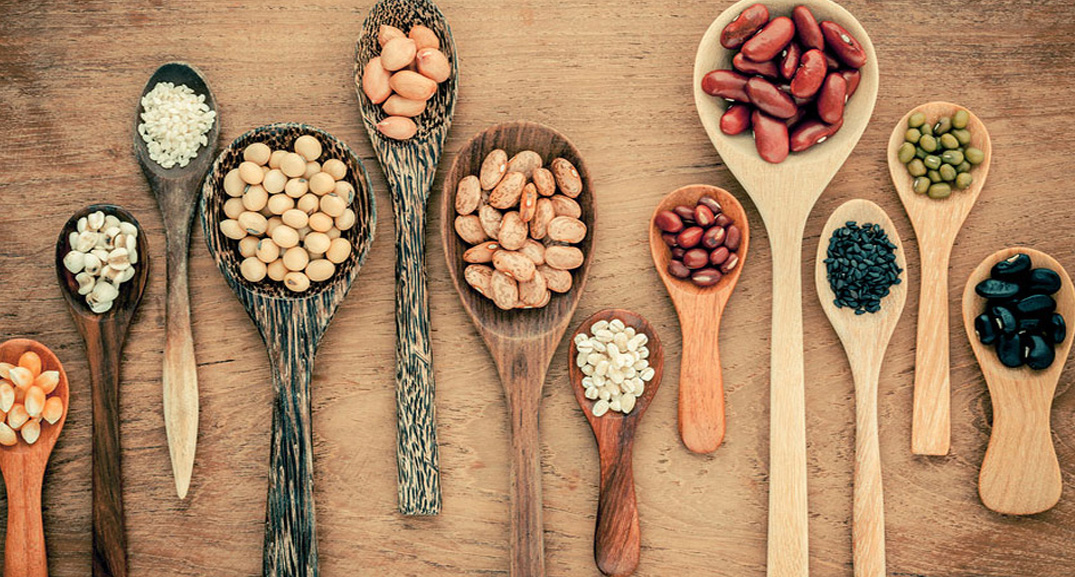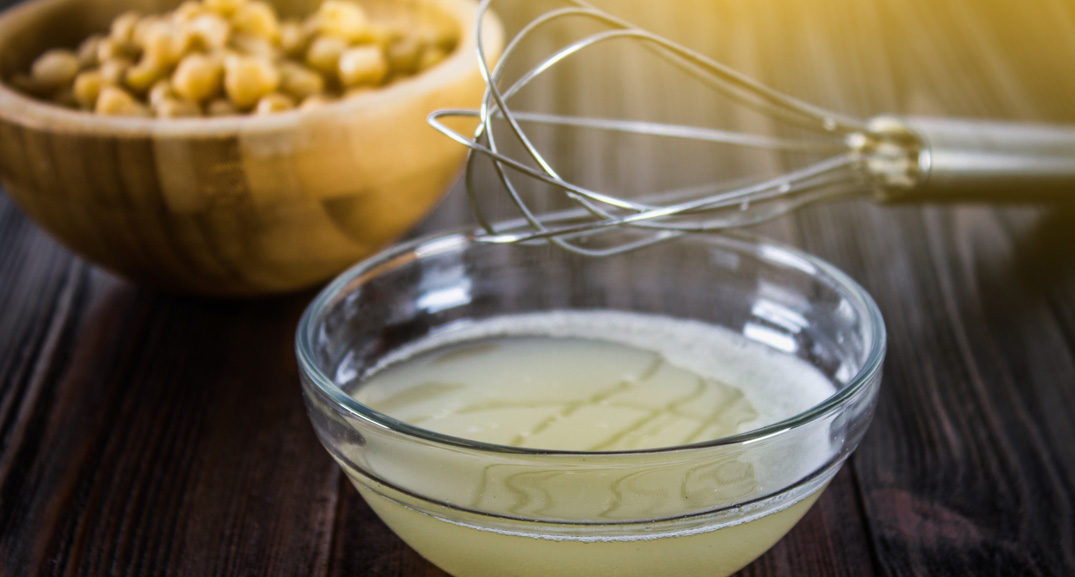
What the Heck is Aquafaba?
I first wrote about aquafaba in 2016 for my Bakers Journal Column – the Final Proof. I interviewed Margaret Hughes, vice-president of sales and marketing for Best Cooking Pulses, and asked “What the Heck is Aquafaba?” Hughes explained: “A recent innovative discovery, ‘aquafaba,’ refers to the liquid in a can of pulses most common chickpeas. This liquid can be beat into a meringue, creating a vegan egg replacer. We are working with local chefs in Manitoba to explore other functions of this ingredient. Pulses are a good option for egg-replacers as they are high in protein, low in fat, with the benefit of fibre, compared to other available options.” You can also get aquafaba from the water used to boil dry pulses (1).
Culinary Applications
The aquafaba liquid has a wide spectrum of emulsifying, foaming, binding, gelatinizing and thickening. The culinary applications for the plant-based products are endless and economical. It is now important for chefs and product developers to experiment with it to create new and fine tune existing recipes. And identify if it’s possible to create a process where aquafaba is available in large scale volume to allow for these recipes using this vegan ingredient to be commercialized.
Potential Health Benefits
Research suggests that chickpeas and other pulses are a healthful addition to your diet (2-5). Aquafaba is plant-based, vegan, gluten-free, and low-calorie; and it’s estimated chickpea-derived aquafaba contains only three to five calories per tablespoon. Since it’s a relatively new discovery, the nutritional benefits of aquafaba are limited. Nonetheless, the positive health benefits of pulses have been extensively researched.
Heart Health
We know consuming 130 grams of pulses daily can have a beneficial effect on blood lipids, blood pressure and blood sugars (4). Since aquafaba is a by-product of pulses including chickpeas, it too has the potential to assist in decreasing the risks for heart disease as well as diabetes (2-4).
Obesity
In addition to its impact on heart health and diabetes, legumes and pulse grains also have an influence on obesity. An article published in the British Journal of Nutrition in 2012 by two Canadian researchers, explains pulses (e.g., lentils, chickpeas, beans and peas) have the potential to combat obesity. It demonstrated pulses have specific bioactives that could alter the way we physiologically respond decreasing the risk of obesity (5).
Veganism
Many vegans want more options to replace eggs in recipes especially desserts. Aquafaba is completely plant-based which promotes heart health and digestive health. It’s a welcome discovery among vegan consumers and the baking industry.
Aquafaba Bottom Line
On the culinary application side, aquafaba is an exciting discovery as an egg replacer specifically for the baking industry and the vegan community in general. Nutritionally, we’ve just started studying aquafaba; while chickpeas and other pulses have wondrous benefits, we don’t know exactly how aquafaba measures up and therefore, it needs to be researched further.
I’d love to assist your company to get into the latest food trends or speak at your upcoming event to share my experience as a food expert and entrepreneur. Click here to learn more.
References
- Aquafaba admin. What is aquafaba? The Official Aquafaba Website. 2016. Retrieved from: http://aquafaba.com/
- Pittaway J, Ahuja K, Cehun M, Chronopoulos A, Robertson I. Dietary supplementation with chickpeas for at least 5 weeks results in small but significant reductions in serum total and low-density lipoprotein cholesterols in adult women and men. Annals of Nutrition and Metabolism. 2006; 50: 212-218.
- Pittaway J, Robertson I, Ball M. Chickpeas may influence fatty acid and fiber intake in an ad libitum diet, leading to small improvements in serum lipid profile and glycemic control. Journal of the American Dietetic Association. 2008; 108:1009-1013.
- Ha V et al. Effect of dietary pulse intake on established therapeutic lipid targets for cardiovascular risk reduction: a systematic review and meta-analysis of randomized controlled trials. CMAJ. 2014;186(8): E252-E262.
- Marinangeli C, Jones P. Pulse grain consumption and obesity: Effects on energy expenditure, substrate oxidation, body composition, fat deposition and satiety. British Journal of Nutrition. 2012; 108: S46-S51.
Copyright © 2017 Jane Dummer | All Rights Reserved


